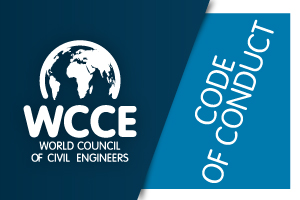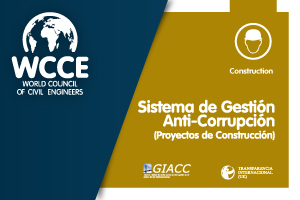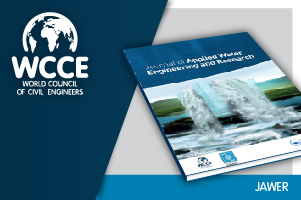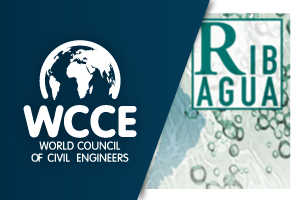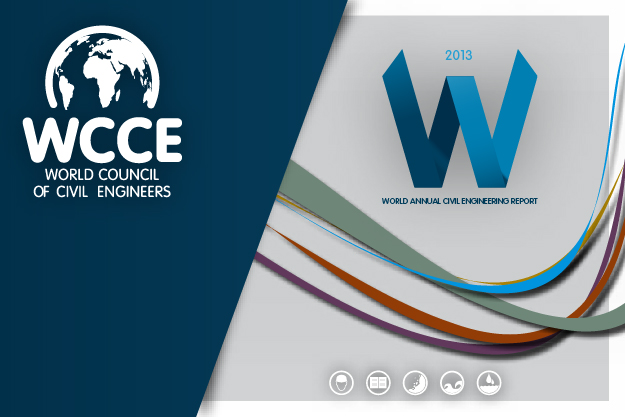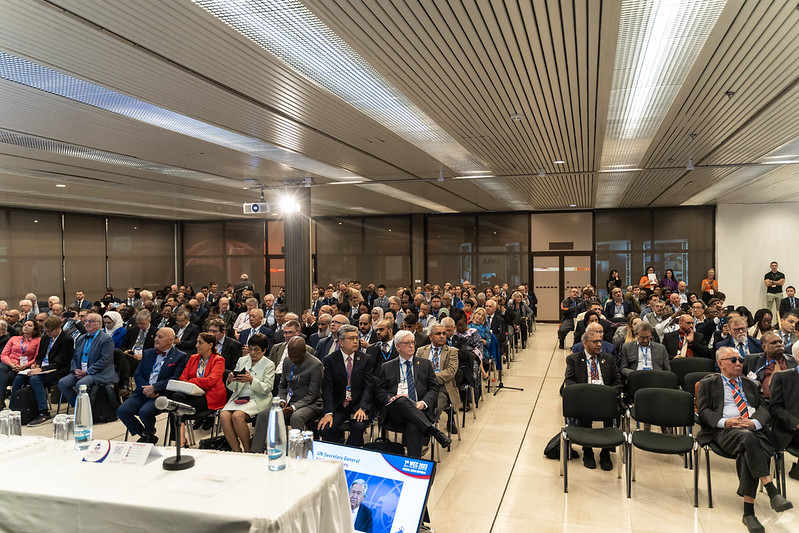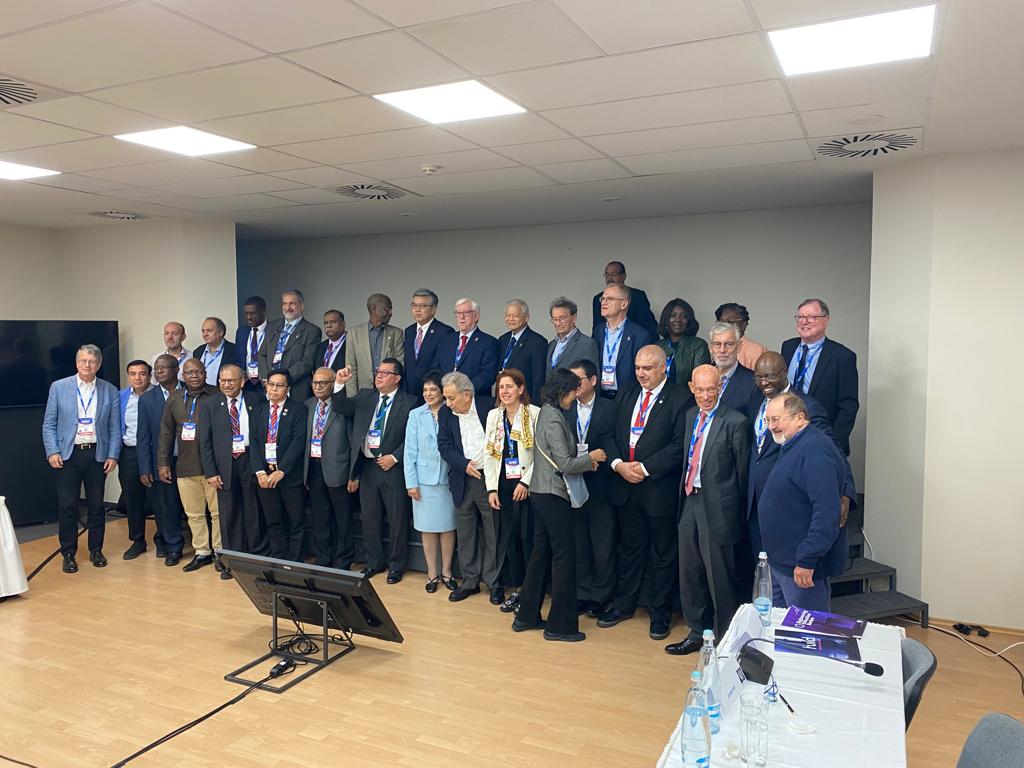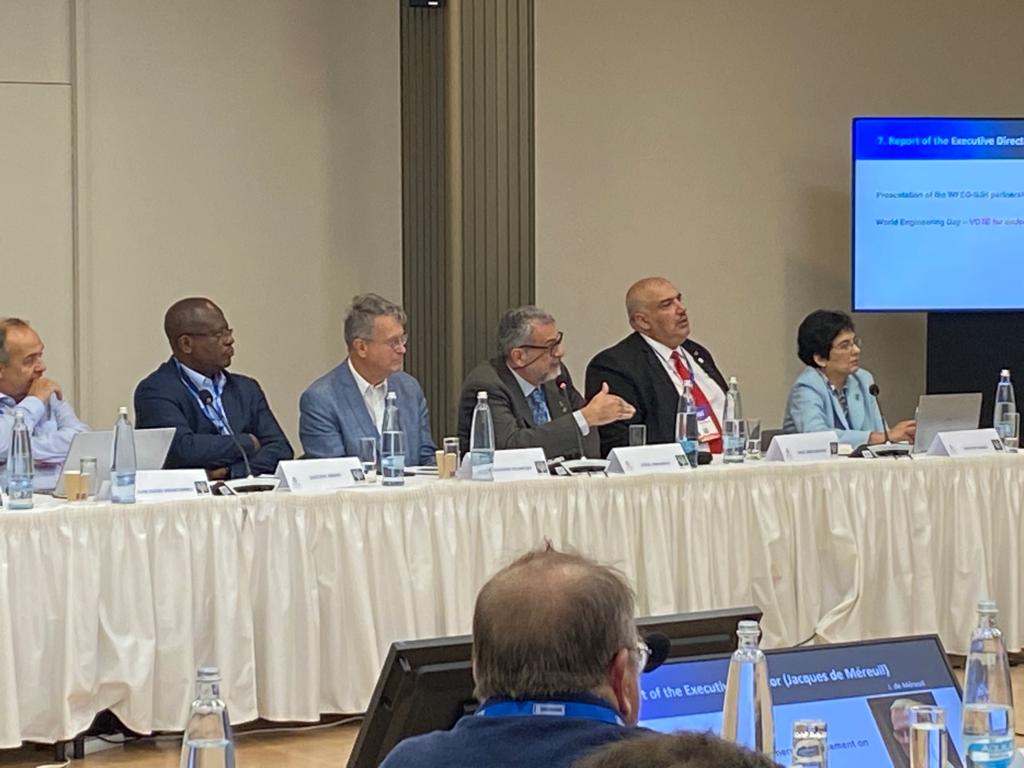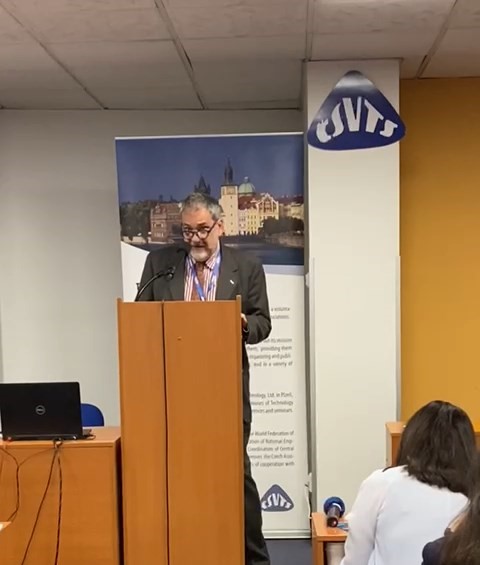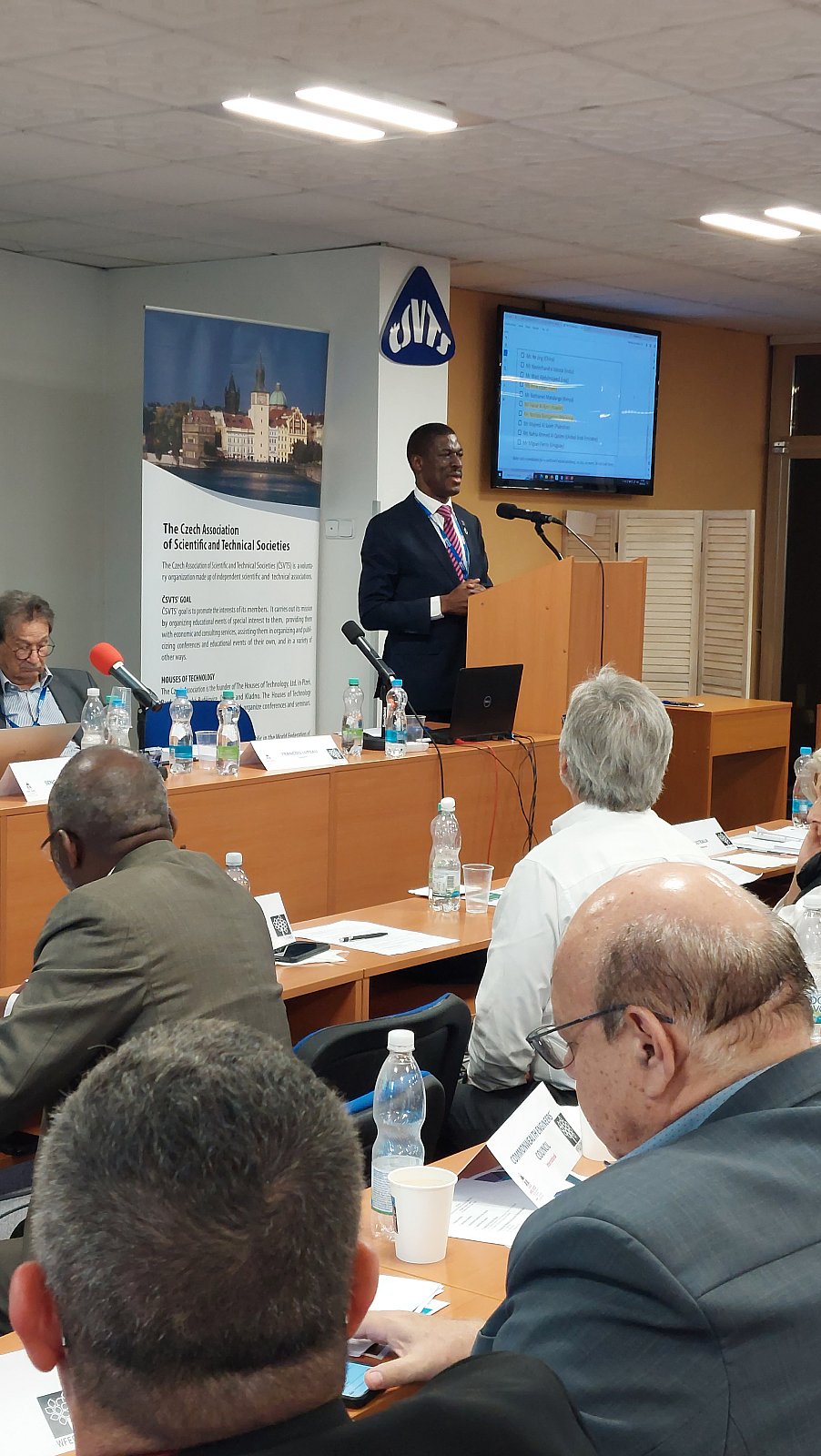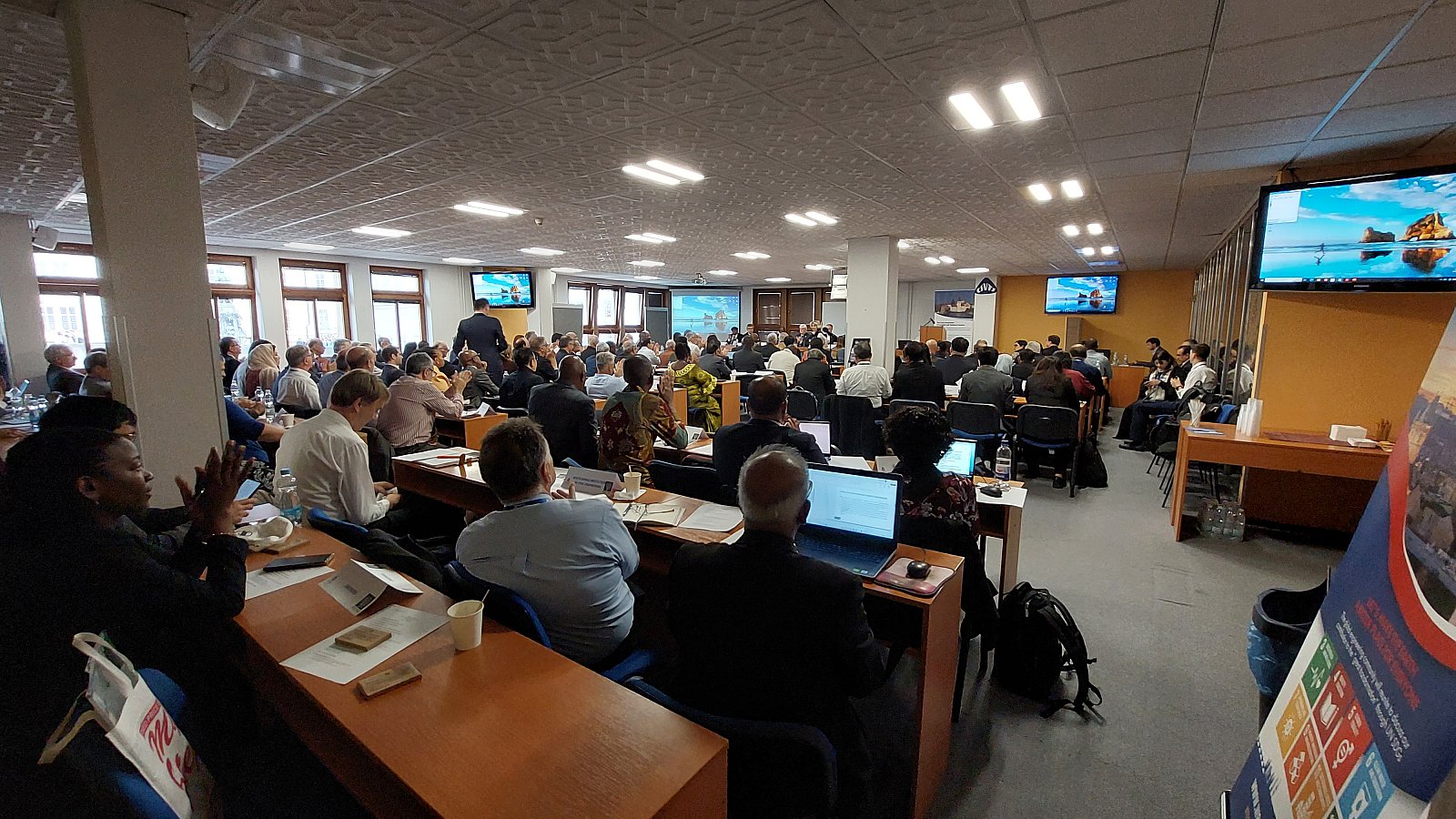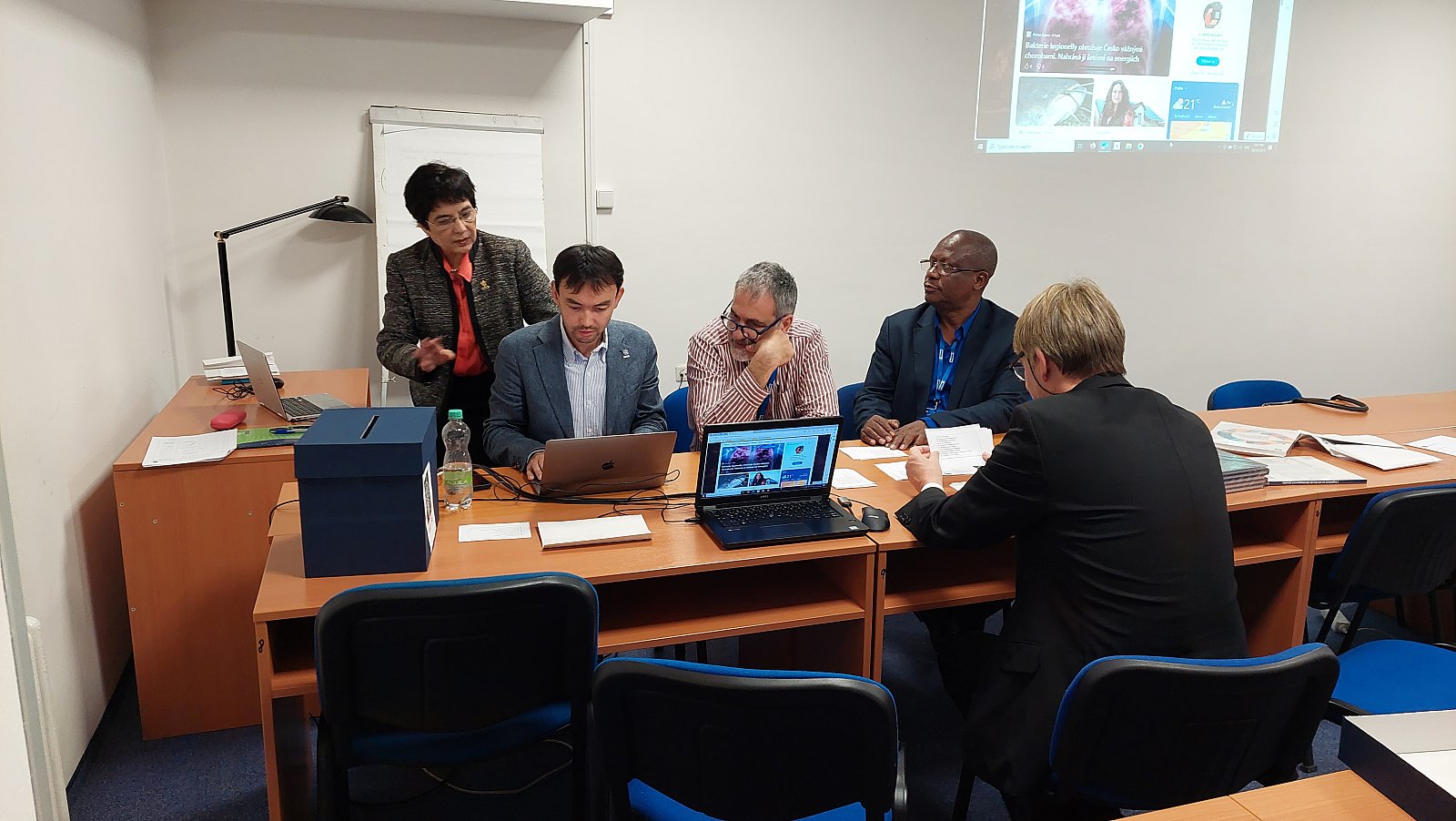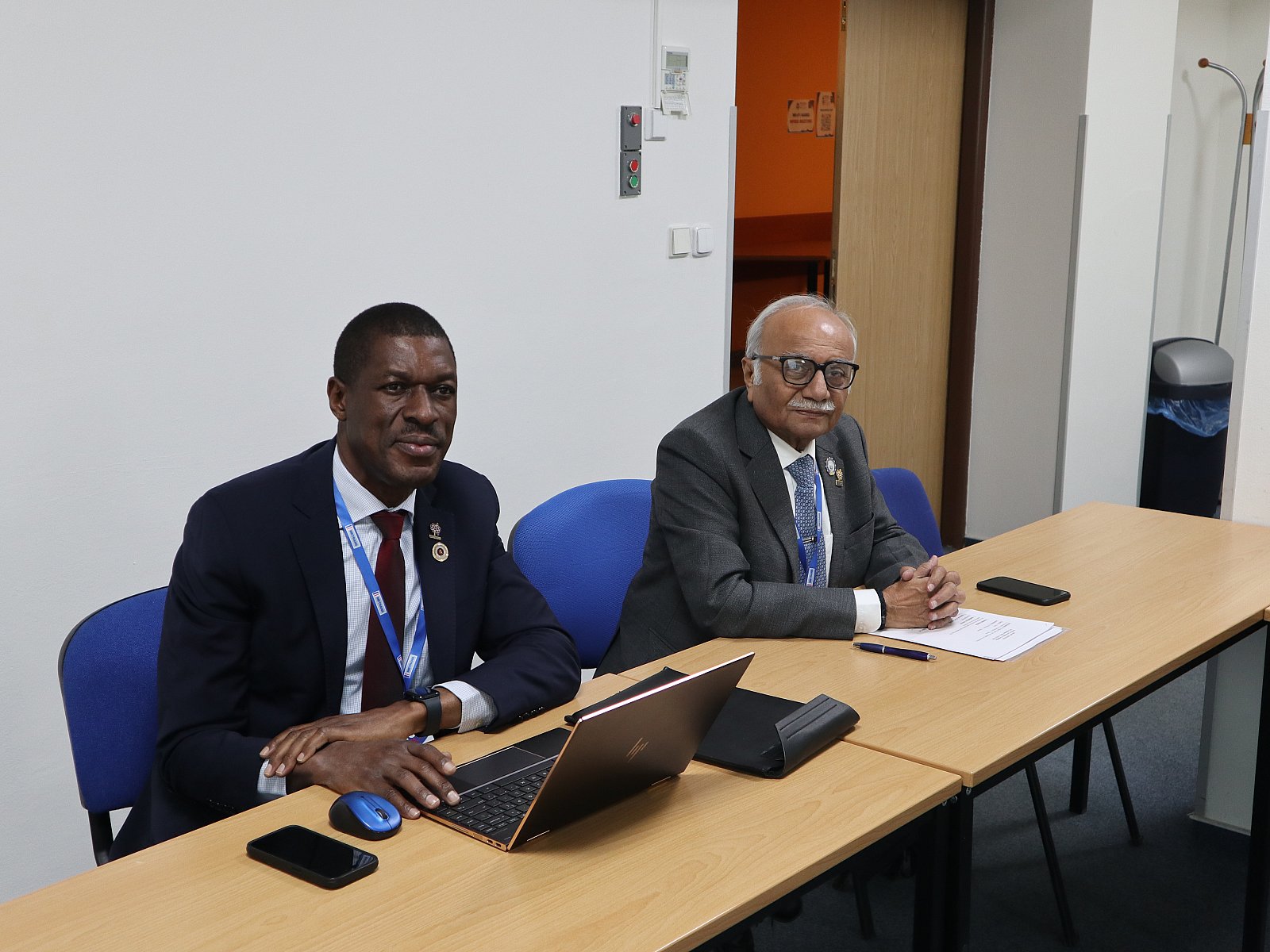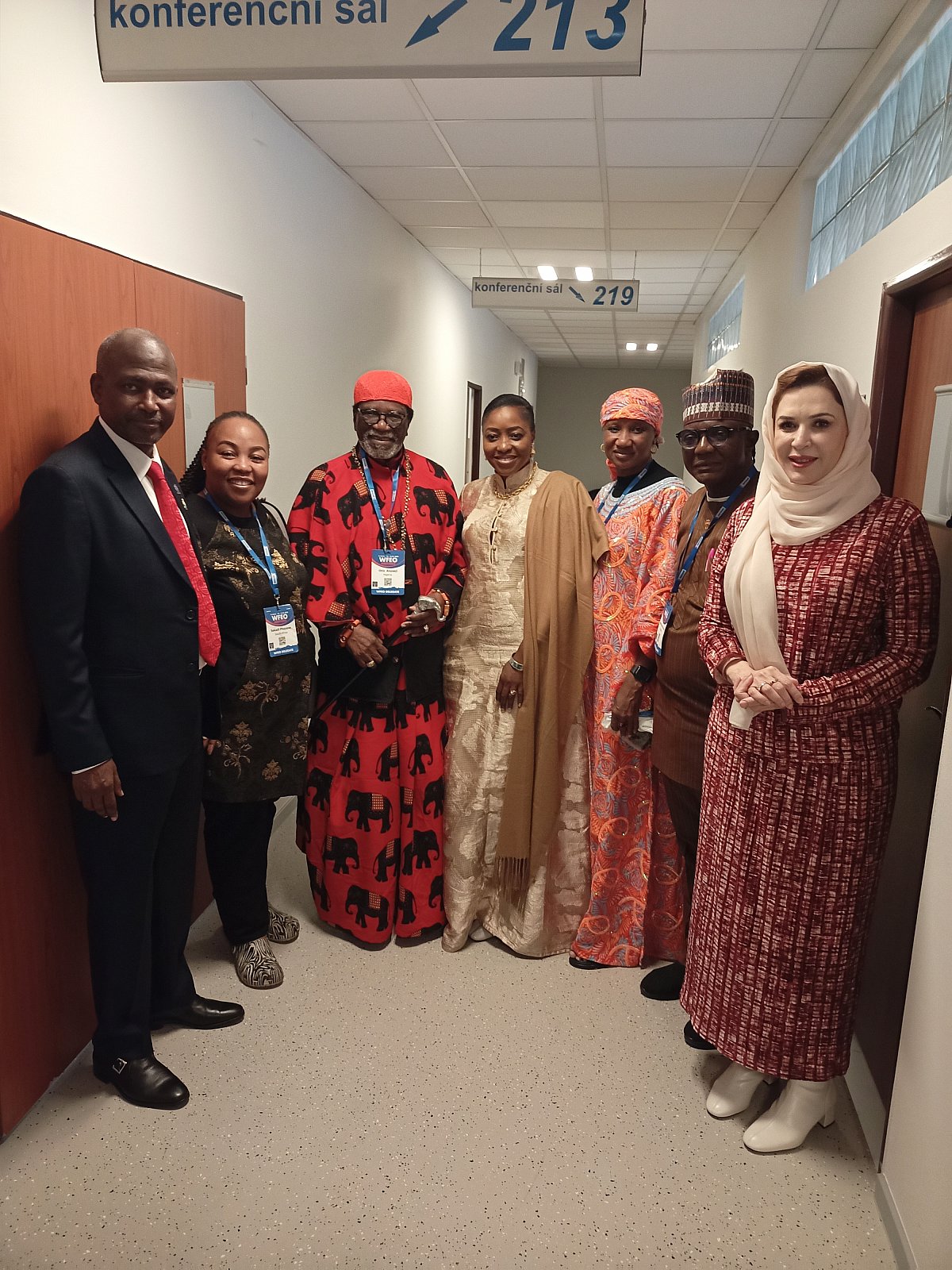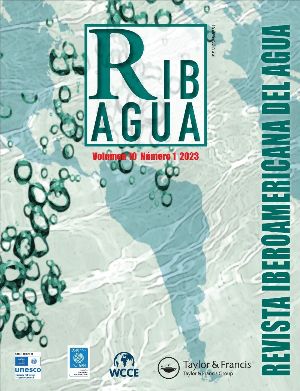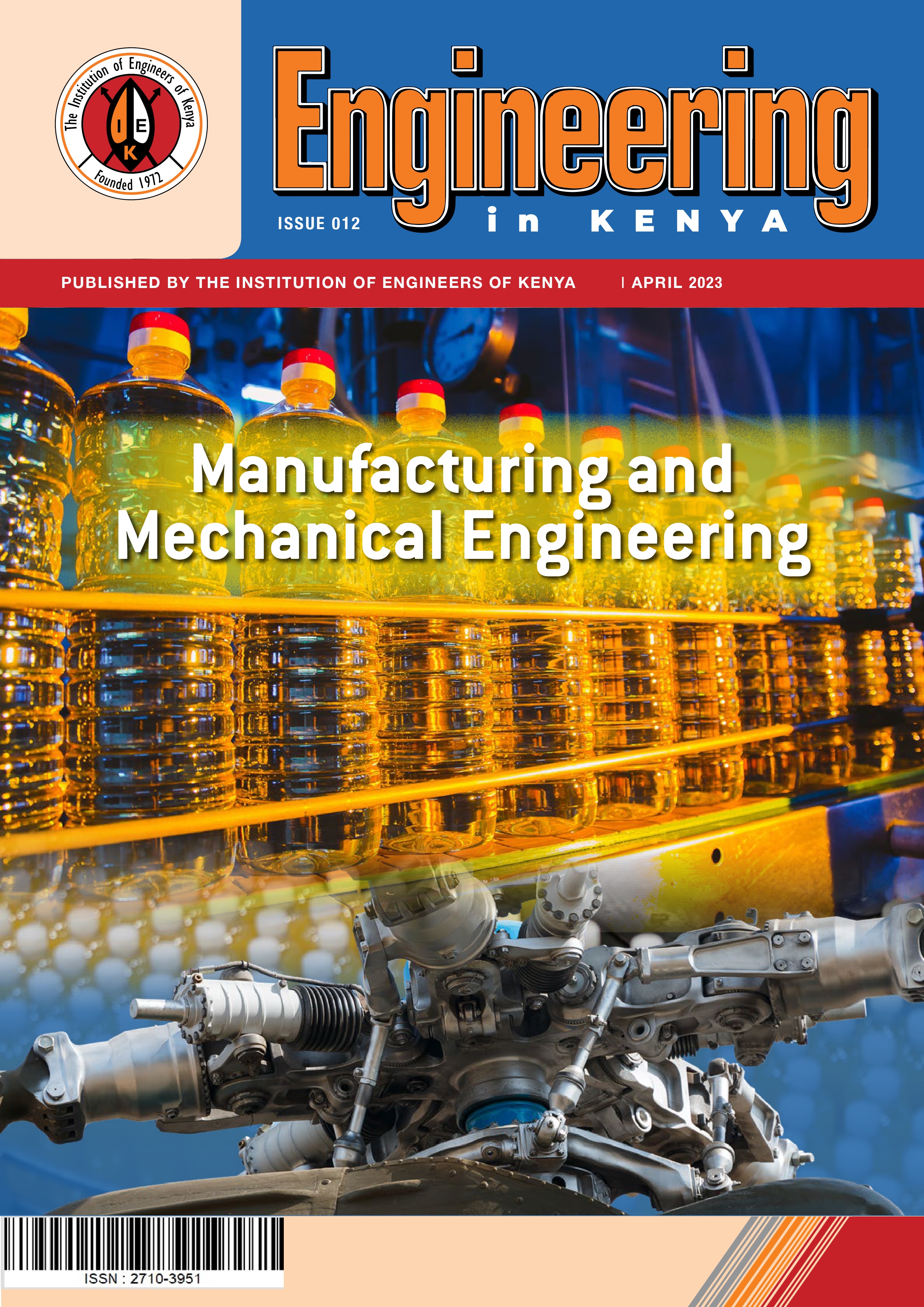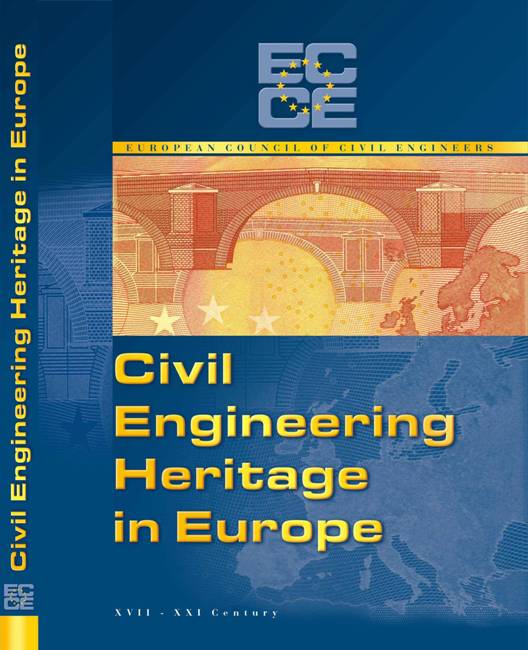💡 A Young Civil Engineer’s Perspective - A Column by Lilian Kilatya, Chair of WCCE Young Engineers Standing Committee
 The term young, albeit relative, is often used to mean youthful. Although the United Nations, for statistical purposes, defines 'youth' as persons between the ages of 15 and 24, legislatively, countries have different age brackets for the youth. This notwithstanding, a young civil engineer is one who is at the peak of their adult life in terms of vigour and is young in the profession.
The term young, albeit relative, is often used to mean youthful. Although the United Nations, for statistical purposes, defines 'youth' as persons between the ages of 15 and 24, legislatively, countries have different age brackets for the youth. This notwithstanding, a young civil engineer is one who is at the peak of their adult life in terms of vigour and is young in the profession.
As a digital native, the young civil engineer has been accustomed to learning and using new hardware and software. They anticipate that their tasks at work, including internal and external communication, are as digital as possible. They keep themselves abreast of emergent technological trends and are constantly developing ways of simplifying their tasks. They prefer working for and thrive in companies that: have clear job descriptions; offer commensurate pay with their competence and input; offer incentives and recognition of their achievements; communicate clearly and habitually; give encouraging feedback; allow flexible work hours and remote work; involve them before making major changes to the work environment; undertake corporate social responsibilities; offer job security, e.g., through permanent and pensionable terms with opportunities for capacity building; and promote holistic wellness.
📯 WCCE attends ECCE's 76th General Assembly meeting
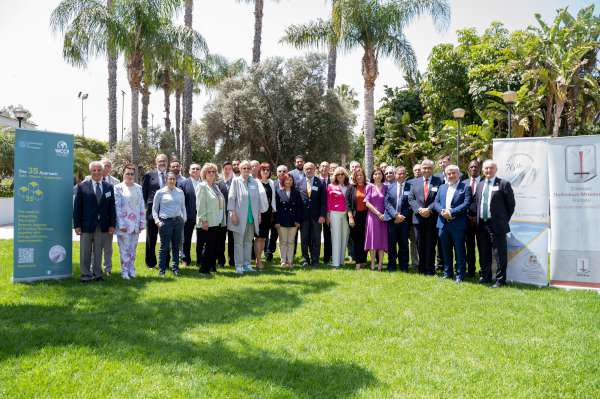 The European Council of Civil Engineers invited its younger brother, the World Council of Civil Engineers (born from an initiative of ECCE members some 18 years ago) to its 76th General Meeting and the 8th International Conference on Health and Safety in Construction which was held in Nicosia, Cyprus.
The European Council of Civil Engineers invited its younger brother, the World Council of Civil Engineers (born from an initiative of ECCE members some 18 years ago) to its 76th General Meeting and the 8th International Conference on Health and Safety in Construction which was held in Nicosia, Cyprus.
A rich in history Mediterranean island off Asia Minor, it was successively ruled by Assyrians, Egyptians, Persians, Greeks, and Romans. It was sold to the Order of the Templars, ruled by the French Lusignan family, occupied by the Ottomans, and ruled by the English until independence was achieved in 1960. Multicultural, its friendly inhabitants generously welcome you, as Evangelitsa Tsoulofta, president of the Council of Civil Engineers of Cyprus.
The setting for the meeting was exceptional and so were the results: three key topics for a fruitful ECCE - WCCE cooperation.
💡 On smart housing - A column by Jorge Abramian, WCCE President
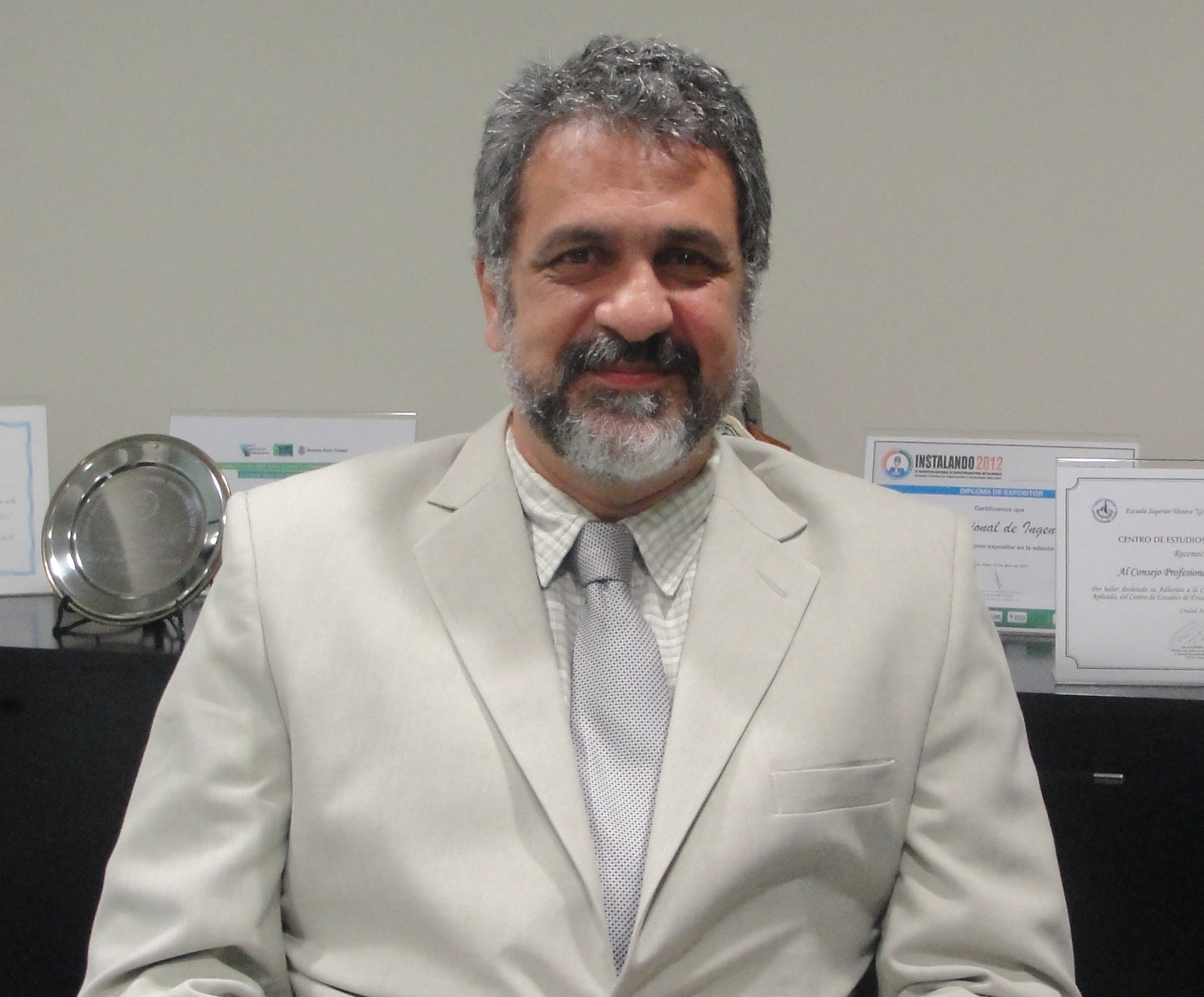 Almost every day we hear striking news related to natural hazards and their disastrous consequences. Such news immediately calls public attention and breaks the news all over the world. Looking at the screen, we civil engineers can see how very often the forces of nature are many times amplified by circumstances that could have been conveniently addressed by humans. The question, then, is whether the general public and the policymakers are conscious that civil engineers can help to mitigate and even eliminate most of the consequences.
Almost every day we hear striking news related to natural hazards and their disastrous consequences. Such news immediately calls public attention and breaks the news all over the world. Looking at the screen, we civil engineers can see how very often the forces of nature are many times amplified by circumstances that could have been conveniently addressed by humans. The question, then, is whether the general public and the policymakers are conscious that civil engineers can help to mitigate and even eliminate most of the consequences.
📆 18th WCCE General Assembly
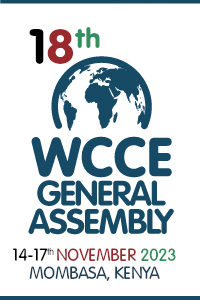 We are now in Summer and the time for WCCE's General Assembly comes nearer. This time WCCE is travelling to Africa as WCCE's 18th General Assembly will be hosted by Institution of Engineers Kenya jointly with the celebration of IEK's 30th Convention. The activities regarding 18th WCCE General Assembly will be held from 14th to 17th November 2023 in Mombasa, Kenya.
We are now in Summer and the time for WCCE's General Assembly comes nearer. This time WCCE is travelling to Africa as WCCE's 18th General Assembly will be hosted by Institution of Engineers Kenya jointly with the celebration of IEK's 30th Convention. The activities regarding 18th WCCE General Assembly will be held from 14th to 17th November 2023 in Mombasa, Kenya.
However, specifically, the General Assembly will be held on
November 16th, 2023
Further information will be delivered shortly on our website.
🏡 Safe, Sound and Sustainable Housing in Africa | Preliminary results
 Since March, World Council of Civil Engineers | WCCE, the European Council of Civil Engineers | ECCE and the Federation of African Engineering Organizations | FAEO have been collecting information from African professionals in order to develop a global Strategy for Safe, Sound and Sustainable Housing around the world, which aims to raise awareness on the need for "Safe - Sound - Sustainable" (3S) buildings, which can be fulfilled by integrating a structural/seismic upgrade of the existing buildings together with energy efficiency improvements. Based on ECCE's original initiative from 2020, a joint ECCE – WCCE group reviewed and updated the 3S Approach Manifesto [EN|ES] for a global scope. Should you be interested in the survey's preliminary results, please Read more
Since March, World Council of Civil Engineers | WCCE, the European Council of Civil Engineers | ECCE and the Federation of African Engineering Organizations | FAEO have been collecting information from African professionals in order to develop a global Strategy for Safe, Sound and Sustainable Housing around the world, which aims to raise awareness on the need for "Safe - Sound - Sustainable" (3S) buildings, which can be fulfilled by integrating a structural/seismic upgrade of the existing buildings together with energy efficiency improvements. Based on ECCE's original initiative from 2020, a joint ECCE – WCCE group reviewed and updated the 3S Approach Manifesto [EN|ES] for a global scope. Should you be interested in the survey's preliminary results, please Read more
📯 On the need of "Safe - Sound - Sustainable" (3S) buildings
 The World Engineering Day for Sustainable Development 2023 (WED2023) with its annual theme of “Engineering innovation for a more resilient world” was celebrated last Saturday 4th March 2023. The European Council of Civil Engineers (ECCE) actively participated in the celebration of the WED2023, taking part in the International Conference Engineering the Cities of the Future that was held in Madrid, 2-3 March 2023 organized by the Institute of Engineering of Spain, WFEO and the MWCC with the sponsorship of UNESCO's Spanish National Committee.
The World Engineering Day for Sustainable Development 2023 (WED2023) with its annual theme of “Engineering innovation for a more resilient world” was celebrated last Saturday 4th March 2023. The European Council of Civil Engineers (ECCE) actively participated in the celebration of the WED2023, taking part in the International Conference Engineering the Cities of the Future that was held in Madrid, 2-3 March 2023 organized by the Institute of Engineering of Spain, WFEO and the MWCC with the sponsorship of UNESCO's Spanish National Committee.
World Council of Civil Engineers (WCCE) and the European Council of Civil Engineers presented their 3S Approach joint initiative [EN|ES] , which aims to raise awareness on the need for "Safe - Sound - Sustainable" (3S) buildings, which can be fulfilled by integrating a structural/seismic upgrade of the existing buildings together with energy efficiency improvements. Based on ECCE's original initiative from 2020, a joint ECCE – WCCE group reviewed and updated the 3S Approach Manifesto and Executive Summary.
Page 3 of 25


